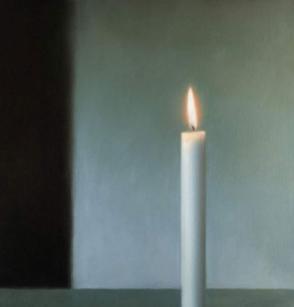Having read through Thomas Porcello’s paper, I have once again questioned using fragments of other’s music or sonic works in my own. I started creating musically in the genre of hip hop over 10 years ago and later discovered sampling technologies. That changed the whole nature of my composition practice and I never looked back until when releasing music, I was asked if the piece had any samples within it…
This is the moment when I started to sample myself and suddenly there was such a loss of colour in my works. The laws on sampling are justified, simply put, you “shouldn’t” steal. But without sampling in the way that Hip Hop “cites” and references others music, we would be at a major cultural loss. The only reason Hip Hop is considered low art is because it originated from places of poverty and was never adopted as it seemingly lacked intelligence or intuition from the perspective of traditional musicians.
People cover other artists songs as tribute to the original work, shouldn’t sampling be looked at in a similar way that one appreciates another’s work enough to rework the piece. If we recognise that the music is sampling then we should adjust our mindset accordingly because a painter is not a collage artist, and to diminish one creative process in aid of another just devalues art as a whole. It is not the process but the result that we should critique.
If we chose to dismiss sampling as an approach, we would not have music concrete. Yes, it was not initially actively “plagiarising” other’s work but the sample is only the beginning of the composition. To recontextualize and fit fragments of sound objects together in another way shows some ingenuity and reimagines the sound to fit a new sonic environment. The closing of one’s mind because of the approach and practice taken to create the final work uses found pieces of audio, then you might as well hide in a cave or under a rock. It is ignorant to dismiss new technologies that can become methods to create art. Of course, we should not be dismissive of older processes but the skill of traditional musicians does not equate to “better” music or sound art. Traditionalism serves a purpose, but so does progression. It isn’t just a matter of convenience because there are results that can’t be achieved without the use of post-production with audio editing and sampling technologies. Furthermore, we are witnessing developments where live sampling and using sampling technologies in a performative way is fresh and exciting creating a wider scope in conceivable sonic production/reproduction.
We have already seen traditional artists take up sampling as an approach anyway, for example Squarepusher who not only samples himself but others too, creating textures with drum breaks that are inconceivable for a traditional drummer to create, playing live bass alongside the self-programmed machine. Much of sampling in Pop music today is almost like a cover of the original, and I think that is perfectly fine, like a play repurposed for today’s audience.
I think it is best to not let the ethics of sampling stop one from creating the art they want to create because many will be introduced to the original piece through this reproduction and appreciate both, and maybe even appreciate the reimagining more. Those who work with sampling understand that notation, instrument timbre, mic technique, etc. are only a part of the whole process, re-working these sonic objects can abstract the sound in beautiful ways creating different tones and textures than the initial recording. It is important to value both sides of the recording process. Audio is for everyone, and listeners can be creators too.
